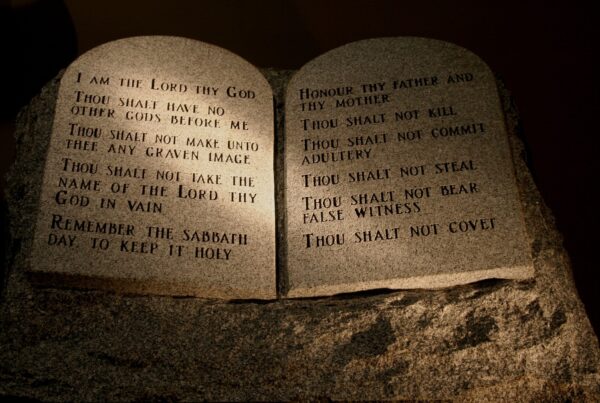Matthew 22:1-14 Bible Study/Sermon Verses 1-3:
Jesus speaks to the chief priests, elders, and religious leaders through a parable, warning them about the dangers of rejecting Him and His invitation to the kingdom of heaven. The king in the parable represents God, and the wedding symbolizes the kingdom of heaven. The servants sent out to invite guests represent believers and disciples who spread the Gospel, inviting people to enter heaven through Jesus Christ. However, those invited reject the servants’ message and, by extension, God’s invitation. This rejection illustrates the resistance many people show towards the Gospel and God’s commands. Ultimately, these verses emphasize God’s invitation through Jesus Christ and the resistance and rejection some show towards His Word.
Verses 4-7:
God, in His persistence and grace, sends out more believers to extend the invitation for salvation. This demonstrates God’s goodness and patience, even in the face of rejection. Despite this renewed invitation, the people still reject it. This reflects how some hear God’s Word repeatedly but continue to reject it, going about their lives, debating its meaning, or even persecuting those who spread it. When God sees the mistreatment and persecution of His messengers, He responds with judgment. The king’s command to destroy the murderers and burn their city signifies divine judgment against those who reject God’s Word and mistreat His messengers. These verses highlight God’s patience and repeated efforts to offer salvation, as well as the consequences for those who reject Him. This can also be seen as a reference to the judgment on Jerusalem in 70 AD, which Jesus predicted.
Verses 8-10:
In verse 8, the king acknowledges that those originally invited (possibly representing Israel and the Jewish leaders) have rejected his invitation. In verse 9, the king commands his servants to go out and invite everyone, regardless of their status or background. This represents the universal call to salvation through Jesus Christ, extending beyond the initial group to include all people, even the Gentiles. These verses ultimately signify that the kingdom of heaven is open to everyone, and those who may have been considered unworthy by societal standards are often the ones who respond correctly to God’s invitation, receive His message, and are saved.
Verses 11-14:
In verse 11, God notices a guest not wearing the appropriate wedding clothes. This symbolizes God examining those who have responded to His invitation, identifying those who are not properly clothed in righteousness, which is necessary to enter the kingdom of heaven. In verse 12, the king questions the man regarding his clothing. The man is speechless, signifying that he has no excuse for his lack of preparation. This aligns with Romans 2:1, where it is stated that people will have no excuse before God. The man’s unpreparedness suggests that his response to the invitation was insincere. The wedding garment symbolizes the righteousness and transformation required to enter God’s kingdom, as described in 1 Peter 1:13-16, and Acts 2:38. In verse 13, the king orders the man to be bound and cast out into outer darkness, representing God’s judgment. Despite being invited, the man is expelled because he did not genuinely belong to the kingdom due to his lack of righteousness. Verse 14 emphasizes that while many are called, only a few are chosen. The man without the wedding garment represents those who may outwardly accept God’s invitation but do not reflect it in their lifestyle and actions. In essence, these verses illustrate that merely responding to the call is not enough; one must also live a life of holiness and transformation. For example, someone might be invited (called) to try out for the Olympics, but if they don’t properly train and discipline themselves, they won’t perform well and will be cut from the team.
Conclusion:
Matthew 22:1-14 teaches that God repeatedly extends His invitation to His kingdom, offering people time to respond through the message of Jesus Christ. Some will reject this invitation, taking it lightly, and as a result, they will not inherit the kingdom of God. God’s invitation is extended to all nations, but only those who are prepared and ready like the five wise virgins in Matthew 25 will be accepted. To be prepared, one must follow the instructions given by Jesus, as Peter preached in Acts 2:38.




